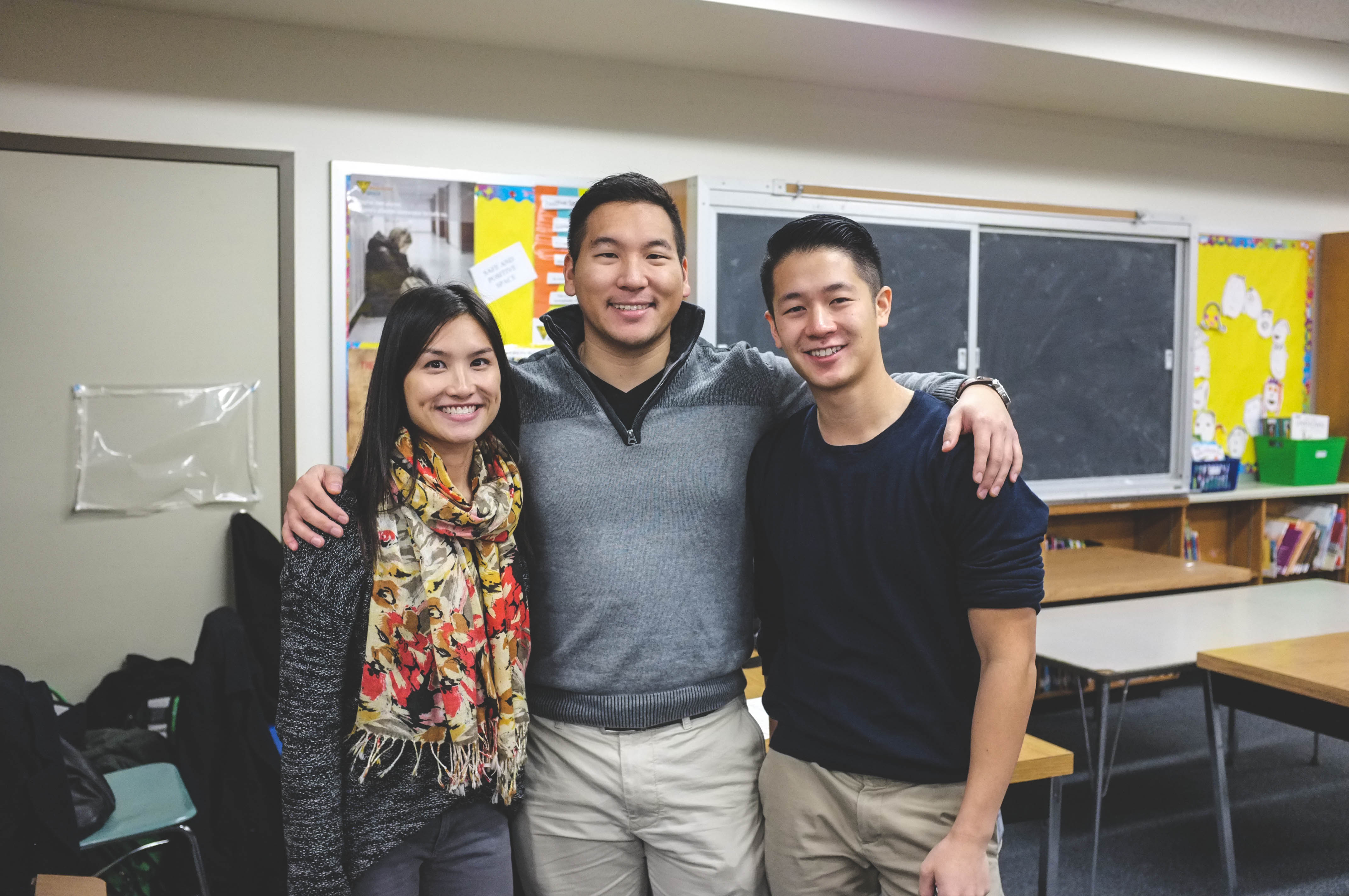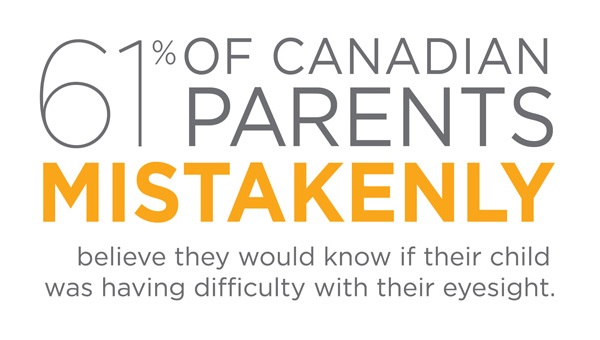Hidden Visual Problems Affect Learning
Today, Dr Lee had the opportunity to speak with teachers at William Dunbar PS about hidden visual problems which can impact learning. Students at this school are lucky to have a wonderful team of teachers dedicated to finding resources to help kids reach their full learning potential! They’re working hard while you kids have a day off 🙂
Wishing everyone a safe and happy family day weekend!






